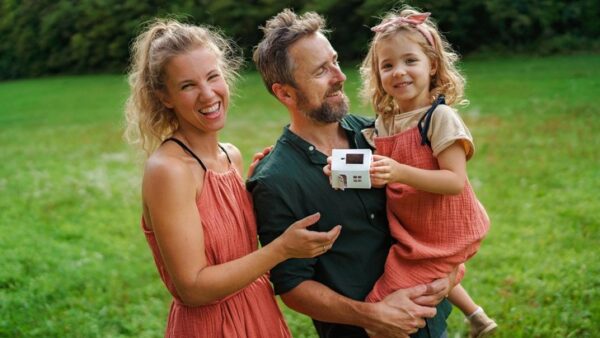Humiliation and punishment do no good. Alas, for many parents, such measures still seem to be the right thing to do in parenting. Why is this not so?

Recently a scandal erupted on Runet with the father of eight-year-old figure skater Miroslava Lebedeva – the man is accused of abusing his daughter, from whom he “moulds” a professional athlete to the detriment of the child’s health and psyche.
We decided to look again at the scientific evidence on how violence and pressure destroy rather than educate a young person.
This is the warning from researchers at the University of Cambridge (UK) and University College Dublin (Ireland), whose paper was published in the journal Epidemiology and Psychiatric Sciences.
More than seven and a half thousand young Irish residents, as well as their parents, took part in the study. At the age of three, five and nine years, the children underwent special testing, which assesses the extent to which the child exhibits symptoms of various psychiatric deviations from the norm.
These include increased anxiety, excessive withdrawal and unwillingness to communicate with peers, impulsive and aggressive behaviour, hyperactivity
In addition, parents of children when they were three years old underwent a series of surveys, from which the researchers determined which parenting style they tended to practice: “warm” (based on support and attention to the child’s needs), “consistent” (based on a system of firm rules and clear requirements for the child) or “hostile”. The latter refers to parenting based on shouting, physical punishment, psychological pressure, insults, humiliation, isolation of the child in case of misbehaviour, and the like.
When the researchers analysed data on children’s mental health, they divided them into three categories. Most of the young participants (more than 83%) were fortunately in the low-risk group for mental health problems. In 6% of the children, the risk was assessed as moderate. And 10% of the children were at high risk of mental health problems – they were already mentally ill at the age of three, and by the time they were nine, the situation had worsened.
The researchers found that a “hostile” parenting style increases the likelihood that a child at age nine is at high risk for mental disorders by one and a half times, and that a child at moderate risk for such disorders by 1.6 times.
At the same time, the results of the analysis of the collected information showed that parental behaviour is an important, but not the only factor determining the mental health of children. Other factors include gender, physical health and socio-economic status of the family. More girls than boys, for example, were found to be in the high-risk group. In addition, children of single parents and children from poor families were more likely to be in this group.
